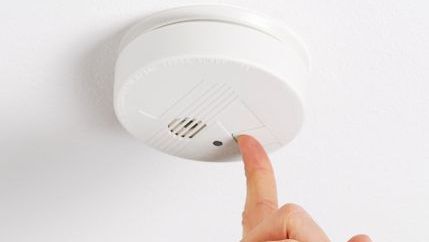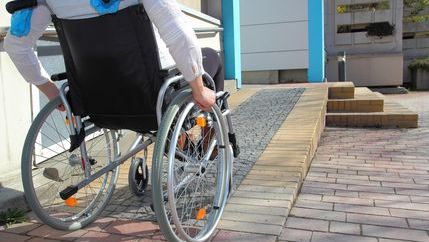
Since April 2021, all UK landlords must have a valid EICR, but may not need an EIC unless changes have been made to hard-wired electrics.
Existing electrical systems
An EICR is issued when a building’s whole electrical system, including wiring, fuse boards, plug sockets and light switches, has been inspected and confirmed as safe by a qualified and registered electrical engineer.
By law, residential landlords need to commission a new EICR every five years and must reissue a valid copy to the tenants at the beginning each new tenancy and/or when there is a change of tenants. Each tenant of the property must receive a copy of an EICR within 28 days of it being issued (or before they move in if a new tenant) and the landlord must keep a copy to give to the next person carrying out an inspection or to the local authority if asked.
EICRs are not a requirement for commercial landlords or homeowners looking to sell, however, they are a good way to ensure a property is safe and compliant with relevant legislation.
Electrical safety standards
The electrical safety standards for the private rented sector in England came into force on 1 June 2020 and applies to all new tenancies from 1 July 2020 and all existing tenancies from 1 April 2021. The regulation sets out new rules for landlords to ensure all fixed electrical installations are safe and maintained correctly.
New electrical work
If new notifiable electric work has been done – which includes installing a new circuit, replacing a consumer unit, or any electrical work in a kitchen, shower room or bathroom, then an EIC must be issued by a qualified electrician. The EIC confirms that the new work complies with the BS7671 standard (IEE Wiring Regulations). An EIC is sometimes referred to as a Domestic Electrical Installation Certificate (DIEC) or a BS7671 electrical safety certificate.
New notifiable works - differences between UK nations
- In England, electrical safety in dwellings is dealt with under Part P of the Building Regulations.
- The Building Regulations also apply to Wales but the guidance for Part P differs and more items are included on the list of notifiable works.
- In Scotland, notifiable work must comply with the building standards system. A registered installer or the local authority must approve any electrical work that’s carried out under a building warrant.
- There are currently no statutory requirements for domestic electrical installation work in Northern Ireland, but it is expected that requirements for inspection and testing of hard-wired electrical systems in privately rented properties will soon be introduced by Section 10 of the Private Tenancies Act 2022.
Safety responsibilities for landlords
To help you get to grips with what’s expected, we have outlined the main safety concerns you must be aware of and the legal obligations you must adhere to.
Save time and discover the answers you need
As an ARLA Propertymark member or Company Advantage subscriber, you can access these answers by logging into your account. Once logged in simply start typing your question into the search bar to begin.







